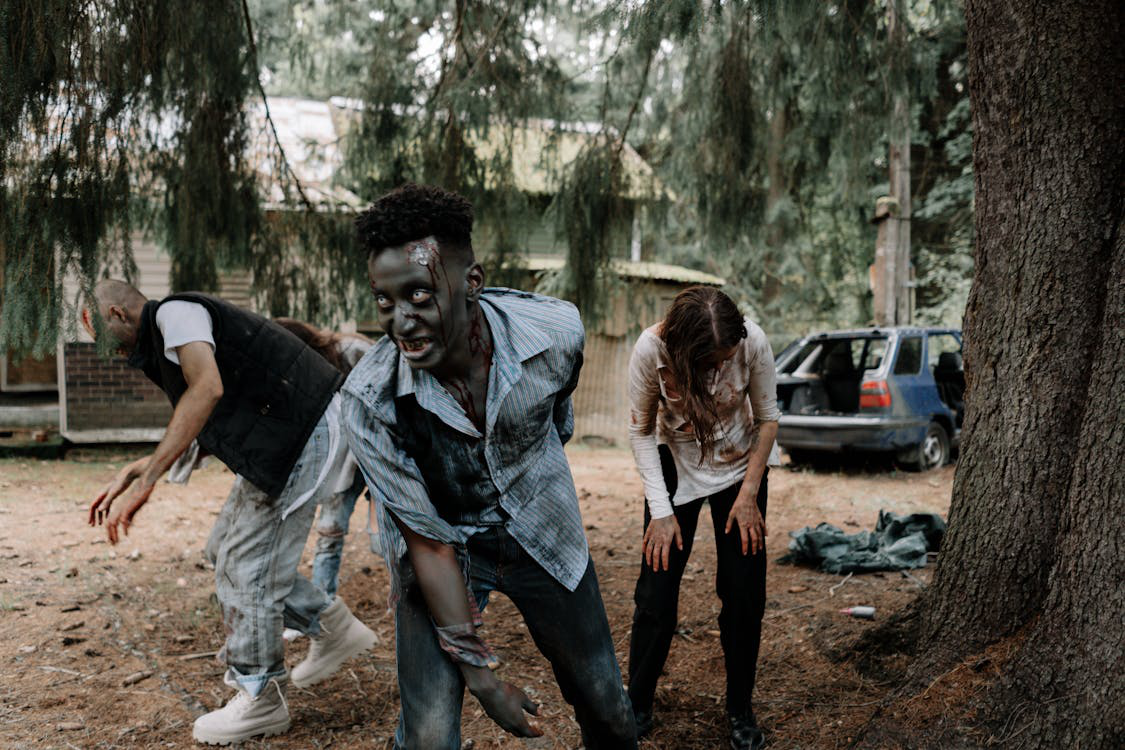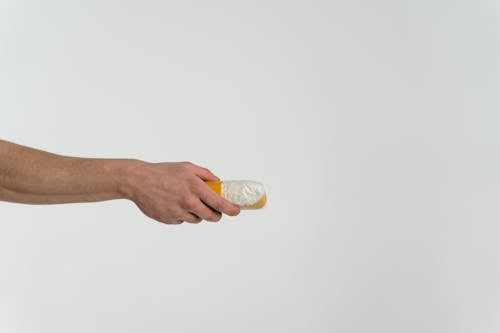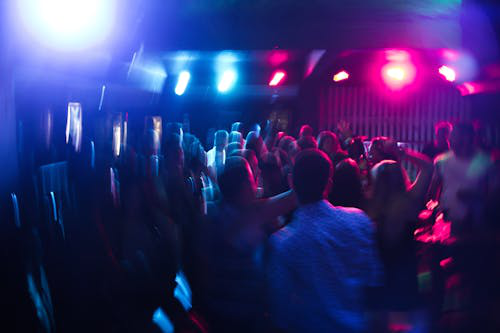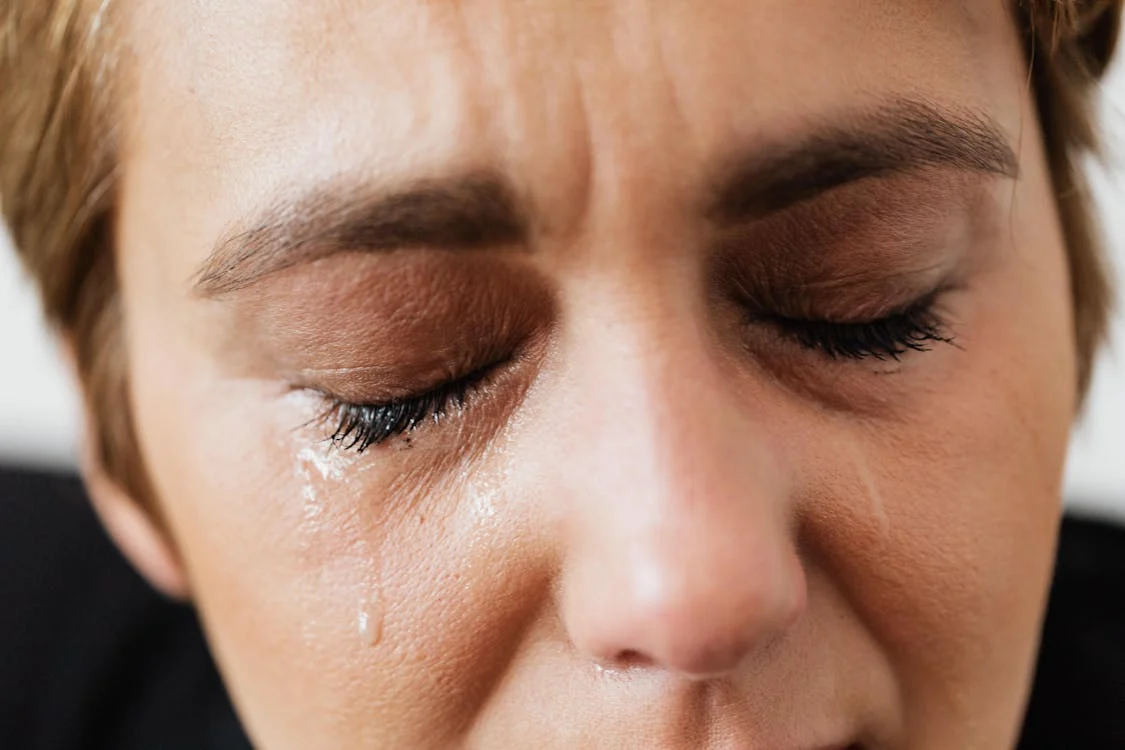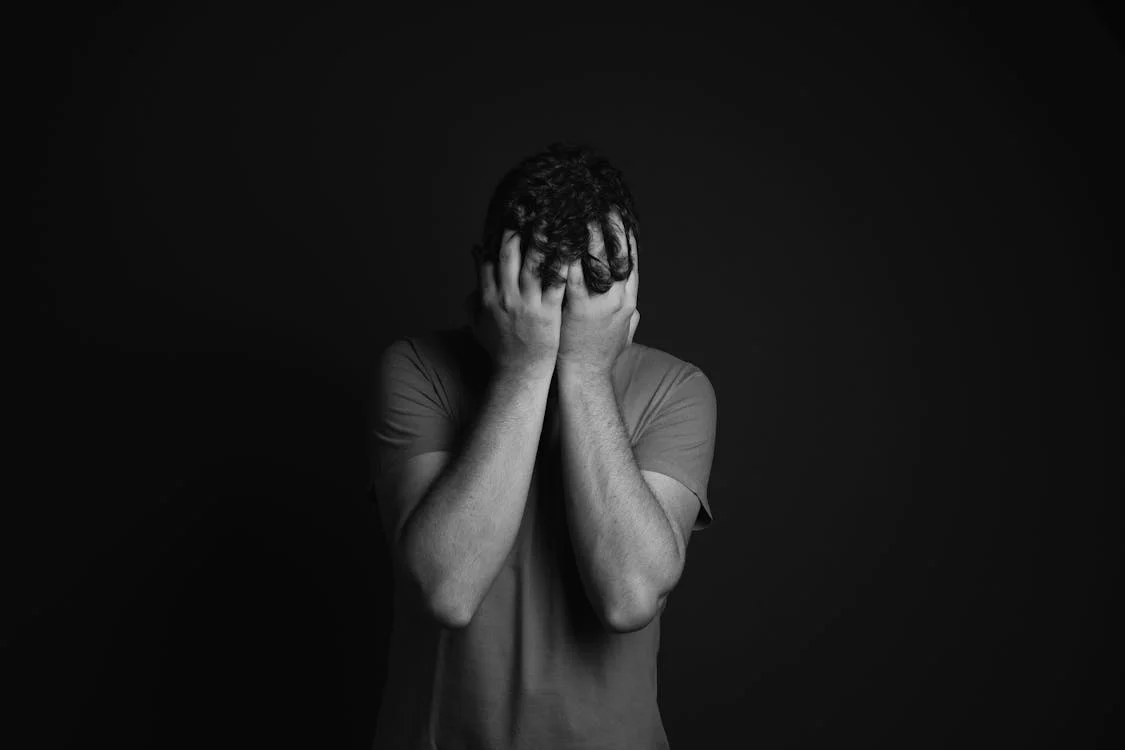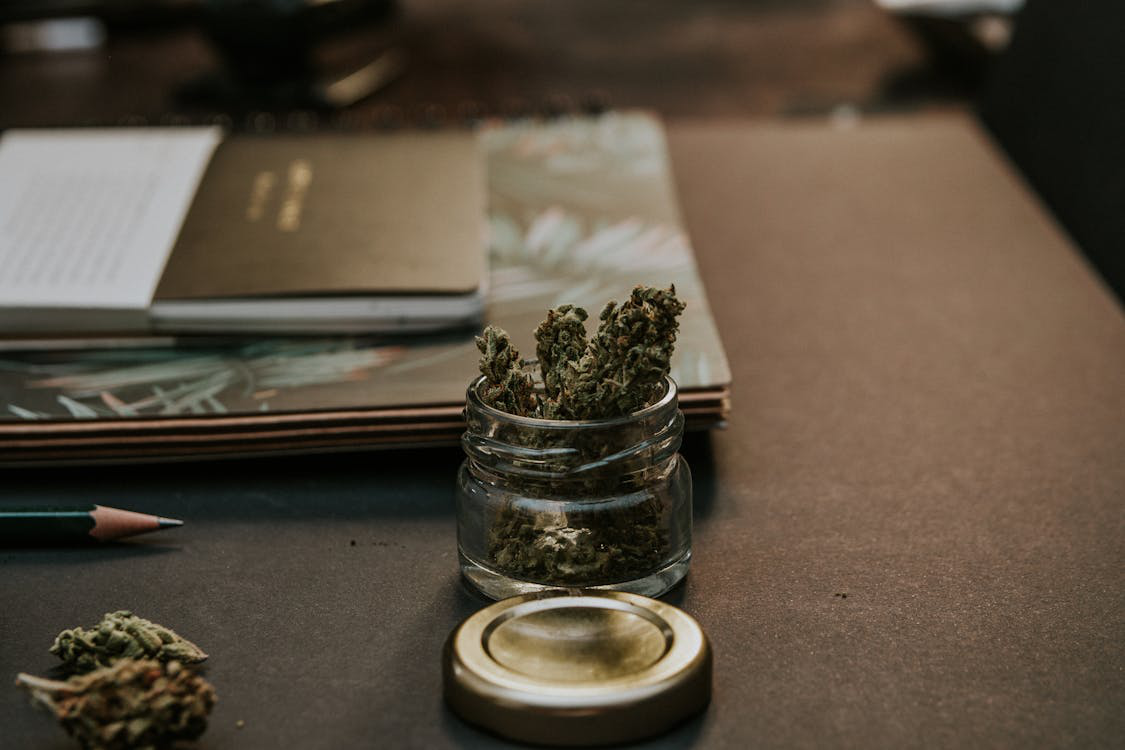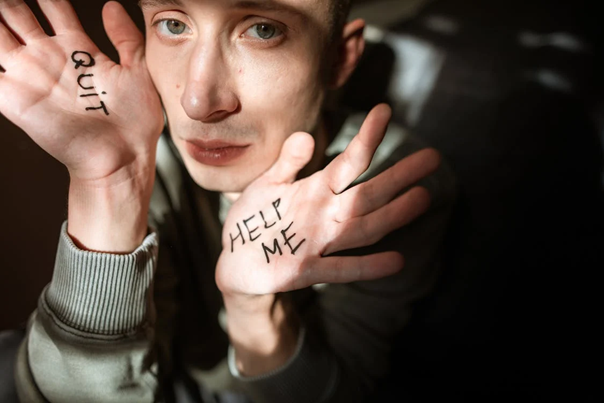For decades, people have turned to horror movies, video games, and haunted attractions for a thrilling rush. The adrenaline-fueled excitement of fear can be addictive, much like the effects of drugs and alcohol. This phenomenon, where individuals seek out intense, terrifying experiences as a horror substitute for substance use, is an overlooked but growing concern. While horror entertainment may seem like a harmless escape, for some, it becomes a compulsive way to chase stimulation, creating a cycle eerily similar to substance dependence.
The Science Behind Fear and Addiction
Fear triggers the body’s fight-or-flight response, releasing a surge of adrenaline, dopamine, and endorphins. This biochemical reaction creates a heightened state of alertness and excitement, similar to the effects of certain drugs. Just as substance use can lead to dependency, repeated exposure to horror as a source of thrill can encourage individuals to seek stronger, more intense stimuli over time. This pattern can desensitize the brain’s reward system, leading to an increased craving for more extreme content to achieve the same rush.
Moreover, horror as a substitute for substance use is particularly concerning for individuals recovering from addiction. Those in recovery often experience dopamine deficiencies due to prolonged substance use disorder, making them more susceptible to finding alternative ways to trigger their brain’s pleasure centers. Horror movies, games, and even extreme haunted houses can provide a temporary sense of exhilaration, potentially replacing one addiction with another.
Escaping Reality: Horror as Self-Medication
Many people turn to substance use as a way to escape reality, numb emotions, or cope with stress. Horror entertainment can serve a similar function. For those struggling with mental health issues, such as anxiety or depression, the intense focus required to engage with horror media can temporarily distract from intrusive thoughts and emotional distress. In this way, horror substitutes for substance use can become a coping mechanism, masking deeper psychological issues rather than addressing them.
The rise of interactive horror experiences, such as virtual reality horror games and immersive haunted attractions, only intensifies this effect. These experiences provide an unparalleled level of engagement, keeping individuals in a state of heightened fear and excitement for extended periods. For some, this simulated terror becomes a necessary fix, reinforcing the cycle of thrill-seeking behavior.
Breaking the Cycle and Seeking Healthier Alternatives
While enjoying horror content in moderation is not inherently harmful, it’s essential to recognize when the line between entertainment and dependence is crossed. Individuals who find themselves constantly seeking out more extreme horror experiences or using them to avoid real-life problems may need to evaluate their relationship with fear-driven entertainment.
For those struggling with addiction or compulsive behaviors, professional support is crucial. At Overcoming Addictions, we offer comprehensive drug addiction treatment plans that address both substance use disorders and behavioral dependencies. We also provide comprehensive online mental health counseling.
If a horror substitute for substance use is interfering with your well-being, our experienced team can help guide you toward healthier coping mechanisms and long-term recovery.
If you or a loved one need support, reach out today. Recovery starts with a single step. Call now: 833-811-9111.

